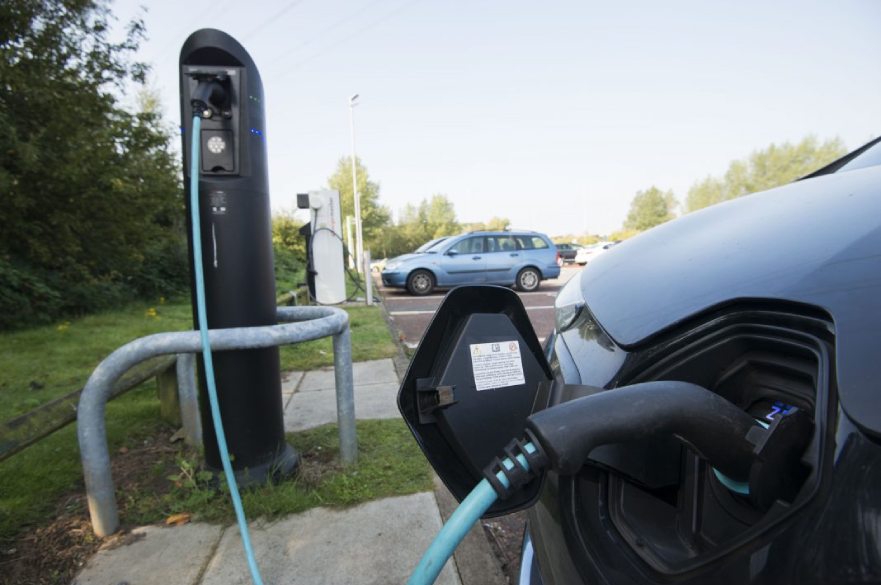Derby City Council is seeking approval at its next Council Cabinet, to introduce a new Cleaner Fleet Policy, in a bid to lead by example, and significantly reduce carbon emissions and other harmful pollutants from the Council’s current vehicle fleet.
Under the new policy, 48 vehicles made up of cars and light goods vehicles will be replaced with an electric battery vehicle, which will remove 98 tonnes of CO2 tailpipe emissions from the air each year.
The policy also introduces a national first ‘Low Emission Hierarchy of Vehicle Procurement, which will give the Council the flexibility to take advantage of future shifts in the operational, financial and environmental changes across low emission vehicle technologies moving forward.
The new procurement process would apply to all new vehicles and act as the starting point for all fleet decision making. If a department requires a replacement vehicle, a battery electric vehicle option must be considered first. Where viable low emission technology doesn’t exist, then consideration would be given to the cleanest diesel and petrol vehicles available, to ensure the Council can continue to deliver essential services whilst also continuing to reduce harmful pollutant emissions and carbon dioxide.
Derby City Council declared a Climate Emergency back in May this year, and resolved to work on carbon reduction projects to assist the UK in achieving its international climate change obligations. The introduction of this new policy will also contribute to the Government’s target for all new cars and vans to be zero emission by 2040, and in addition the Government’s Road to Zero Strategy (2018) that seeks to see at least 50% of new car sales and up to 40% of new van sales being ultra low emission by 2030.
Councillor Matthew Holmes, Deputy Leader of Derby City Council, and Cabinet Member for Regeneration, Planning & Transportation said: said:
Derby City Council is fully committed to reducing carbon emissions from its fleet and demonstrate its commitment to improving air quality in the city. In order to achieve both national and local key commitments to improve air quality, more needs to be done to change the way Council services are delivered to reduce its environmental impact, and improve health outcomes for all. The introduction of this new policy will enable us to meet our legal obligations moving forward, and contribute hugely to improving the air we breathe.
